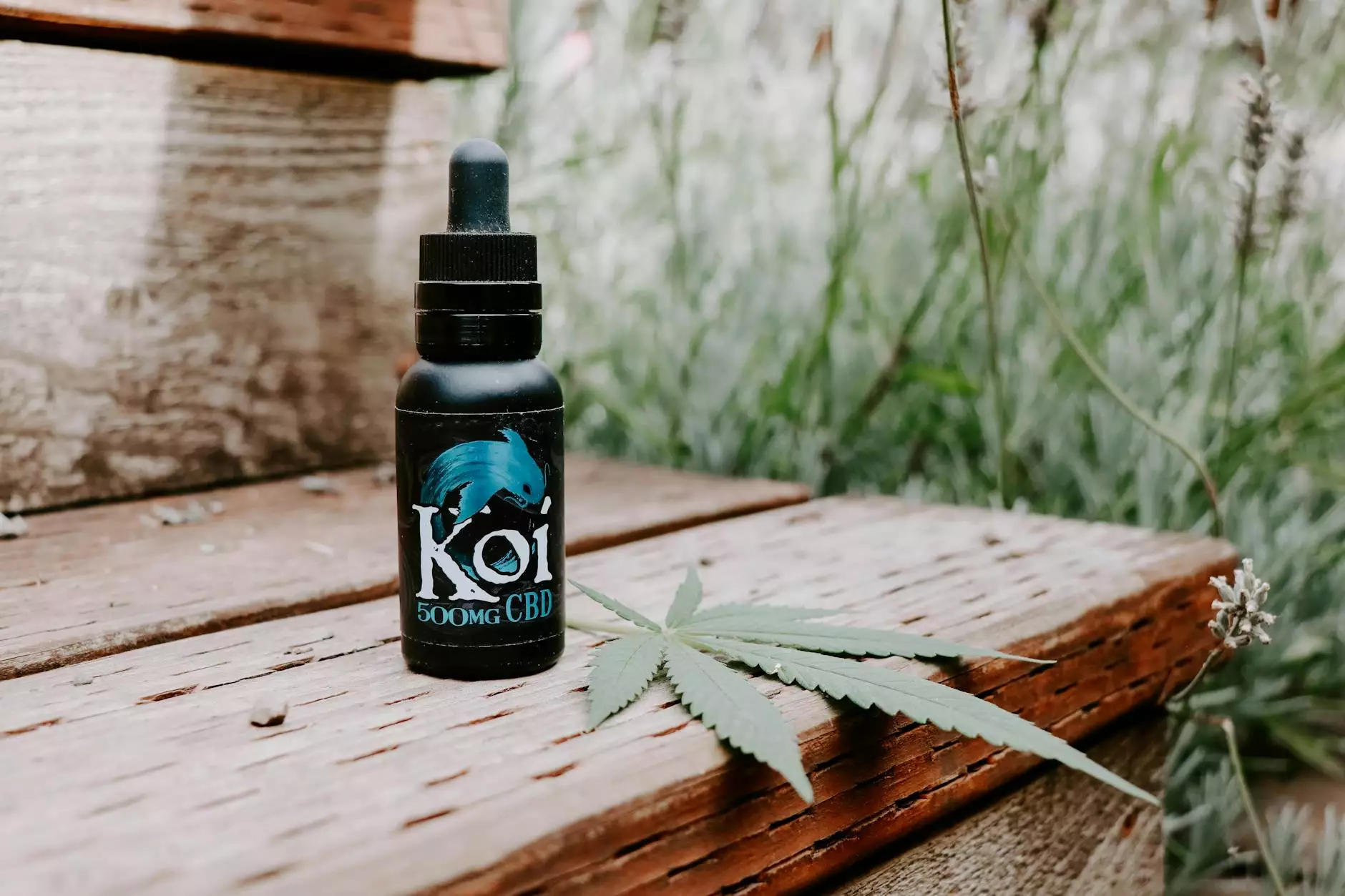Understanding the Role of Pharmacy and Addiction Medicine

In today's fast-paced world, the interconnection between pharmacy and addiction medicine has become increasingly vital. Society faces a rising tide of mental health challenges, particularly concerning substance use disorders. As we delve into this topic, we’ll explore the nuanced roles that pharmacies serve, the nature of addiction medicine, and how resources like https://alprazolam-xanax.com play a significant part in this landscape.
The Importance of Pharmacy in Healthcare
Pharmacies are a cornerstone of the healthcare system. They provide not only access to medications but also a variety of essential services that support patient care. A key responsibility of pharmacies is to ensure that patients are informed about their medications and any potential risks associated with them.
Pharmacists are highly trained professionals who possess extensive knowledge about drugs, including their effects, proper usage, and interactions with other medications. This expertise places pharmacists in a unique position to assist in managing and mitigating the risks of substance use disorders.
Medication Management and Patient Education
- Medication Therapy Management (MTM): This is a service provided by pharmacists to help patients manage complex medication regimens. It is crucial in preventing misuse and ensuring proper use, especially in patients taking medications for pain management or mental health conditions.
- Patient Counseling: Pharmacists provide counseling on the correct use of medications, including potential side effects and interactions. This guidance is vital in preventing misuse and encouraging adherence to prescribed therapies.
- Monitoring and Follow-Up: Pharmacists often play an ongoing role in monitoring patients' responses to therapy, identifying any signs of misuse or adverse reactions early.
Understanding Addiction Medicine
Addiction medicine is a specialized field focused on the treatment of patients struggling with substance use disorders. It combines medical, psychological, and social approaches to address the complex nature of addiction. This area of medicine requires an understanding of various substances, their effects on the body and mind, and the best practices for rehabilitation and recovery.
The Challenges of Substance Use Disorders
Substance use disorders are characterized by an individual's inability to control the use of legal or illegal substances despite the negative impact it has on their life. Challenges associated with addiction include:
- Physical Dependence: The body's adaptation to regular use of a substance, leading to tolerance and withdrawal symptoms.
- Psychological Dependence: The emotional or mental reliance on a substance, often driven by the need to cope with stress or pain.
- Societal Stigma: Individuals battling addiction may face judgment and discrimination, which can hinder their willingness to seek help.
The Role of Pharmacies in Addiction Treatment
Pharmacies are not just dispensers of medication; they are integral to the treatment and recovery process for those dealing with addiction. The collaboration between pharmacies and addiction medicine professionals enhances patient outcomes significantly. Here’s how:
Access to Essential Medications
Medications such as buprenorphine and methadone are critical in treating opioid addiction. Pharmacies ensure that these medications are available and provided according to guidelines, ensuring patients receive the necessary treatment to manage their addiction effectively.
Education and Prevention Efforts
Pharmacies often engage in community outreach programs, providing education on the risks of substance misuse and offering resources for those in need. By raising awareness and offering support, pharmacies play a crucial role in preventing addiction before it starts.
Collaboration Between Pharmacists and Healthcare Providers
A successful treatment plan for addiction often involves a multidisciplinary approach. This means that pharmacists, physicians, psychologists, and other healthcare providers collaborate effectively to provide comprehensive care. This teamwork is essential to address the medical, emotional, and social facets of addiction.
Benefits of an Interdisciplinary Approach
- Comprehensive Care: Each professional brings a unique perspective, ensuring that all aspects of a patient's health are considered.
- Improved Monitoring: Regular communication between providers facilitates better monitoring of patient progress and medication adherence.
- Holistic Support: This approach supports the patient's journey toward recovery by addressing both physical and mental health needs.
Resources Available for Patients at Alprazolam-Xanax.com
Alprazolam-Xanax.com serves as an informative platform for individuals seeking help with anxiety and related disorders. It offers a wealth of resources aimed at educating patients about medications like Xanax, their uses, and the potential for misuse.
Informational Articles and Guides
The website provides articles that cover a range of topics, including:
- Understanding Xanax: Information about alprazolam, its uses, side effects, and precautions.
- Addiction Awareness: Resources aimed at identifying and understanding addiction signs.
- Support and Recovery Options: Information about various treatment modalities and how to find help.
Online Consultation Services
Many pharmacies offer telehealth services for patients who require consultation but may face barriers to in-person visits. This service promotes accessibility and ensures that patients can receive timely support.
The Future of Pharmacy and Addiction Medicine
As challenges related to substance use continue to evolve, the roles of pharmacies and addiction medicine will also adapt. Innovations such as digital health applications, enhanced educational resources, and expanded roles for pharmacists in managing addiction therapies are on the horizon.
Emerging Trends in Pharmacy Practice
- Expanded Training for Pharmacists: More educational programs focusing on addiction awareness and management are expected, which will empower pharmacists in their roles.
- Integration of Mental Health Services: A stronger partnership with mental health professionals will enhance the holistic care approach.
- Increased Community Engagement: Pharmacies will play a greater role in community wellness initiatives, providing education and support to combat the addiction epidemic.
Conclusion
The intersection of pharmacy and addiction medicine is crucial in addressing the growing challenges of substance use disorders. By understanding their roles, responsibilities, and the resources available—such as those provided at https://alprazolam-xanax.com—patients can make informed decisions about their health and well-being.
Collaboration among healthcare professionals, ongoing education, and community support are essential to overcoming the barriers to treatment and recovery. As we look to the future, the commitment to providing compassionate care and effective solutions will pave the way for a healthier society.









